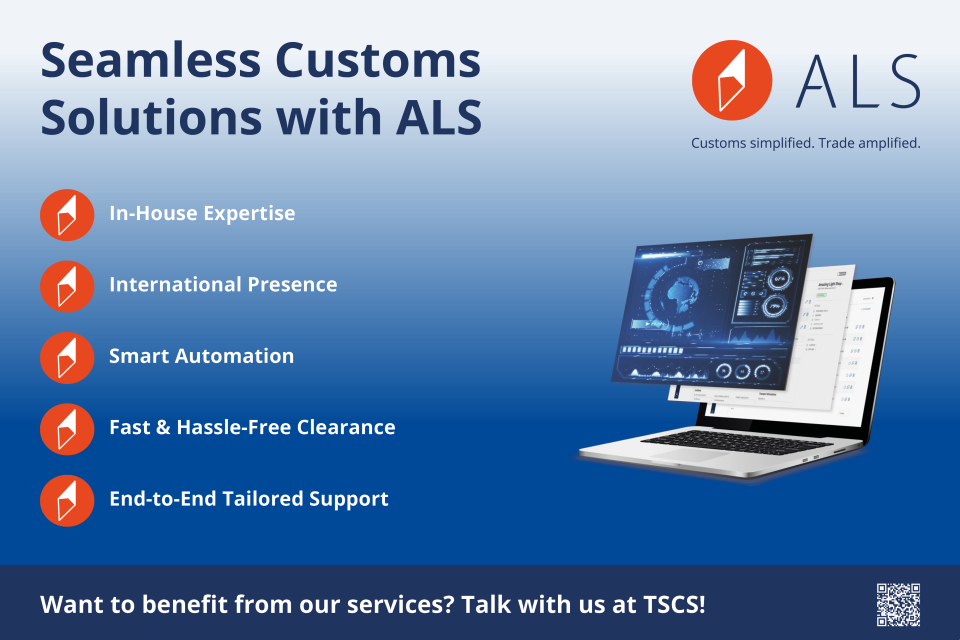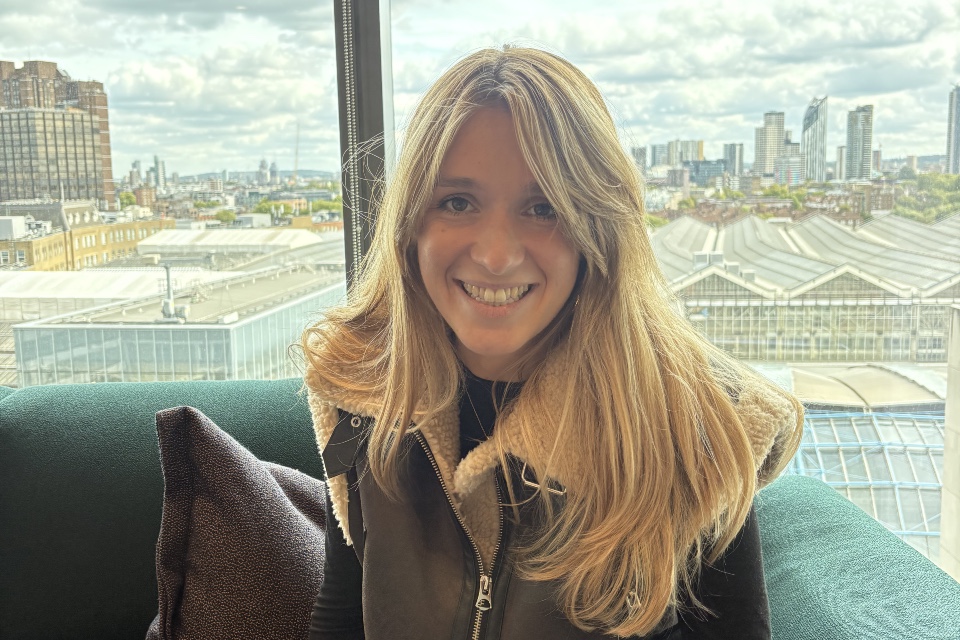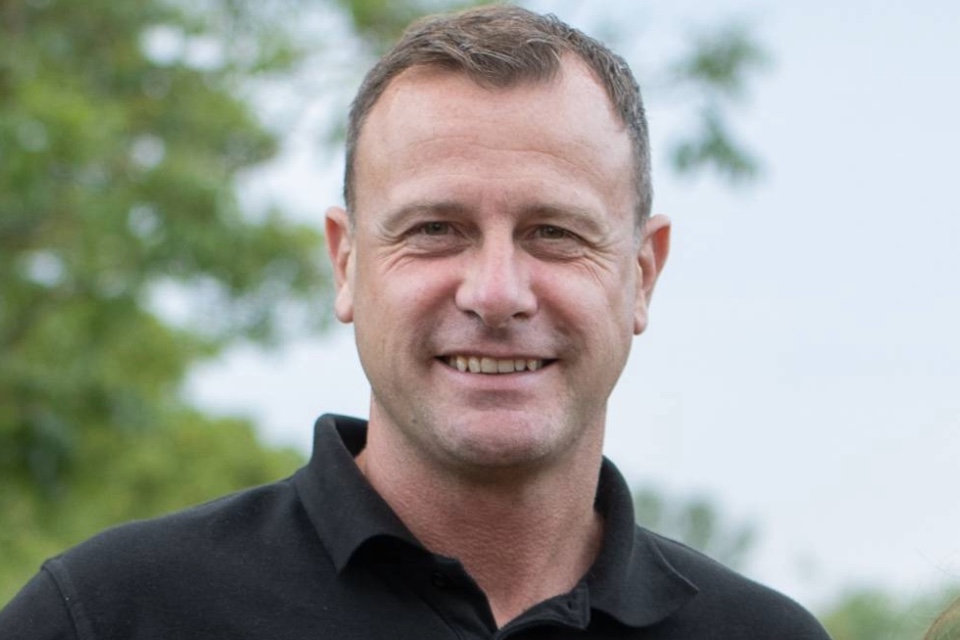In the latest instalment of out supply chain industry executive interview series we speak to Genc Sabani, Head of Customs Solutions at ALS Customs Services, about the challenges of navigating both ever-changing tariffs and non-tariff barriers, turning data into value, agility in compliance, and the impact of AI…
Tell us about your company, products and services.
At ALS Customs Services – UK Customs Solutions, we specialise in customs advisory, duty recovery, and trade facilitation. We help businesses make sense of their customs data, identifying financial optimisation opportunities through the effective use of customs authorisations, ensuring compliance, and driving efficiency across supply chains. Our bespoke Customs Analytics Tools provide clients with actionable insights into their historical customs landscape and a clear roadmap to strengthen operations going forward. In addition, we deliver tailored training and advisory services designed to build internal expertise and long-term confidence.
What have been the biggest challenges the Supply Chain industry has faced over the past 12 months?
The past year has been a mix of evolving pressures and familiar challenges. While tariffs tend to dominate the discussion, it’s often the non-tariff barriers that cause the most disruption. From post-Brexit complexities and tightening sanctions regimes to customs system migrations, many businesses have struggled with uncertainty, rising costs, and the ever-present risk of non-compliance.
And what have been the biggest opportunities?
Turning data into value. Companies that invested in customs and supply chain visibility have been able to unlock significant savings, optimise duty spend, and stay ahead of regulatory shifts. What once felt like a compliance burden has become an opportunity for efficiency and resilience.
What is the biggest priority for the Supply Chain industry in 2025?
Agility in compliance and cost control. Businesses need to be prepared for evolving trade rules, digitisation of customs processes, and more complex global sanctions landscapes. Building resilience while keeping costs under control is key.
What are the main trends you are expecting to see in the market in 2025?
- Increased automation in customs and trade processes.
- Wider use of analytics for compliance and duty recovery.
- Greater collaboration between supply chain, finance, and compliance functions.
What technology is going to have the biggest impact on the market this year?
Data analytics and AI-driven compliance tools. These will transform the way businesses handle customs declarations, monitor risks, and recover overpaid duties.
In 2026 we’ll all be talking about…?
Digital trade corridors and the shift towards fully paperless customs. The industry will be talking less about “managing paperwork” and more about “managing data.”
Which person in, or associated with, the Supply Chain industry would you most like to meet?
I’d like to meet leaders driving digital customs reform at HMRC. Collaborating with policymakers who shape the regulatory landscape enables us to anticipate challenges and deliver more effective solutions to our clients.
What’s the most surprising thing you’ve learnt about the Supply Chain sector?
That even the most advanced supply chains can lose thousands, sometimes millions, through basic customs inefficiencies. It’s often hidden in plain sight until the right data is analysed.
You go to the bar at the Total Supply Chain Summit – what’s your tipple of choice?
All day Hendrick’s Gin and tonic.
What’s the most exciting thing about your job?
Customs in general are associated with border, declarations and payments. In my opinion, borders divide, and customs connect, and we tend to keep networking with all stakeholders as a means of facilitating the customs landscape. Seeing a client’s reaction when we uncover unexpected savings or simplify a complex customs challenge it’s a tangible impact.
And what’s the most challenging?
Keeping ahead of constant regulatory changes. Customs are never static, so staying one step ahead requires relentless focus.
What’s the best piece of advice you’ve ever been given?
“Don’t just solve today’s problem, build for tomorrow’s challenge.”
Peaky Blinders or Stranger Things?
Peaky Blinders. Sharp strategy and resilience in the face of constant change resonate with supply chain life!






